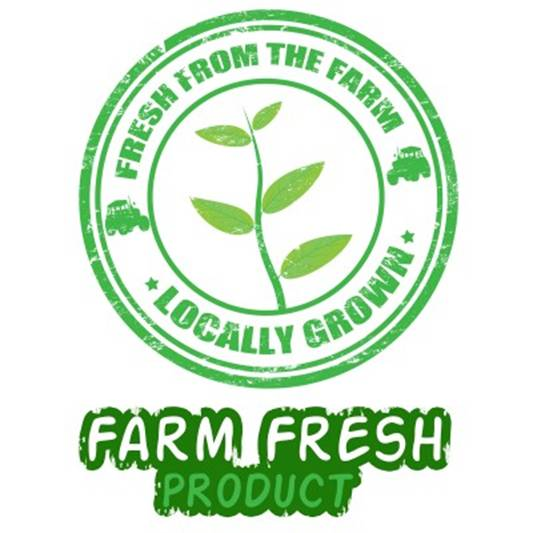 The US laws for organic products can easily claim to be the toughest ones. This comes as no surprise since the organic sector is growing at a fast pace. The annual organic food sold in the US was worth $1 billion in 1990 when USDA found compelling reasons to regulate the industry. Today, it is worth over $26 billion.
The US laws for organic products can easily claim to be the toughest ones. This comes as no surprise since the organic sector is growing at a fast pace. The annual organic food sold in the US was worth $1 billion in 1990 when USDA found compelling reasons to regulate the industry. Today, it is worth over $26 billion.
Who decides the authenticity of organic food?
The basis of the USDA laws on organic food is the 1979 Food Act of California. The law pretty much sets the standards to match the ingredients used in the products with the organic label. However, regulation and enforcement within organic personal care and cosmetic products is pretty weak, according to Charles Margulis, the Food Program and Communications director of Center for Environmental Health in California. Currently, at least 40 companies are facing lawsuits since 2011 for selling products with phony labels. California has laws on what may be sold under organic personal care products while the federal government is yet to have a similar law. The 2003 Act, relevant in the above context clearly states that a personal care and beauty product must have at least 70 percent organic ingredients.
The USDA certifies contents and ingredients used in a product claiming to be organic. However, the USDA doesn’t regulate cosmetics, which is an advantage for companies claiming to make organic cosmetics. The stringent California laws, on the other hand, are strict enough to knock down labeled organic products off the shelves of retailers for failing to meet the COPA requirement. This is a huge problem for law enforcement because of the discrepancy between federal regulatory mechanism and COPA 2003.
The CEH in June 2011 caught 26 manufacturers off guard for phony labeling. They included some of the top brands in the personal care category that contained either no organic ingredient or less than 70 percent. Till date almost 40 companies have legally settled while some companies have evaded settlement. The companies that have settled will either remove the ‘Organic’ tag or will reformulate ingredients to match the minimum 70 percent required. There are some well-known brands that do not want to comply with either the 70 percent organic requirement or want to remove their description.
Making proper eco friendly promotional items available to the public
Any company should provide proper eco friendly promotional items to the public. It is an individual’s right to know what product they are using. However, some confusion relating to organic products has much to do with the understanding of the term organic. While an organic product need not have 100 percent organic ingredients, they must be at least 70 percent organic as per the California law.
Source: http://www.triplepundit.com/2013/07/ceh-organic-products-need-better-federal-regulation/


















Speak Your Mind
You must be logged in to post a comment.